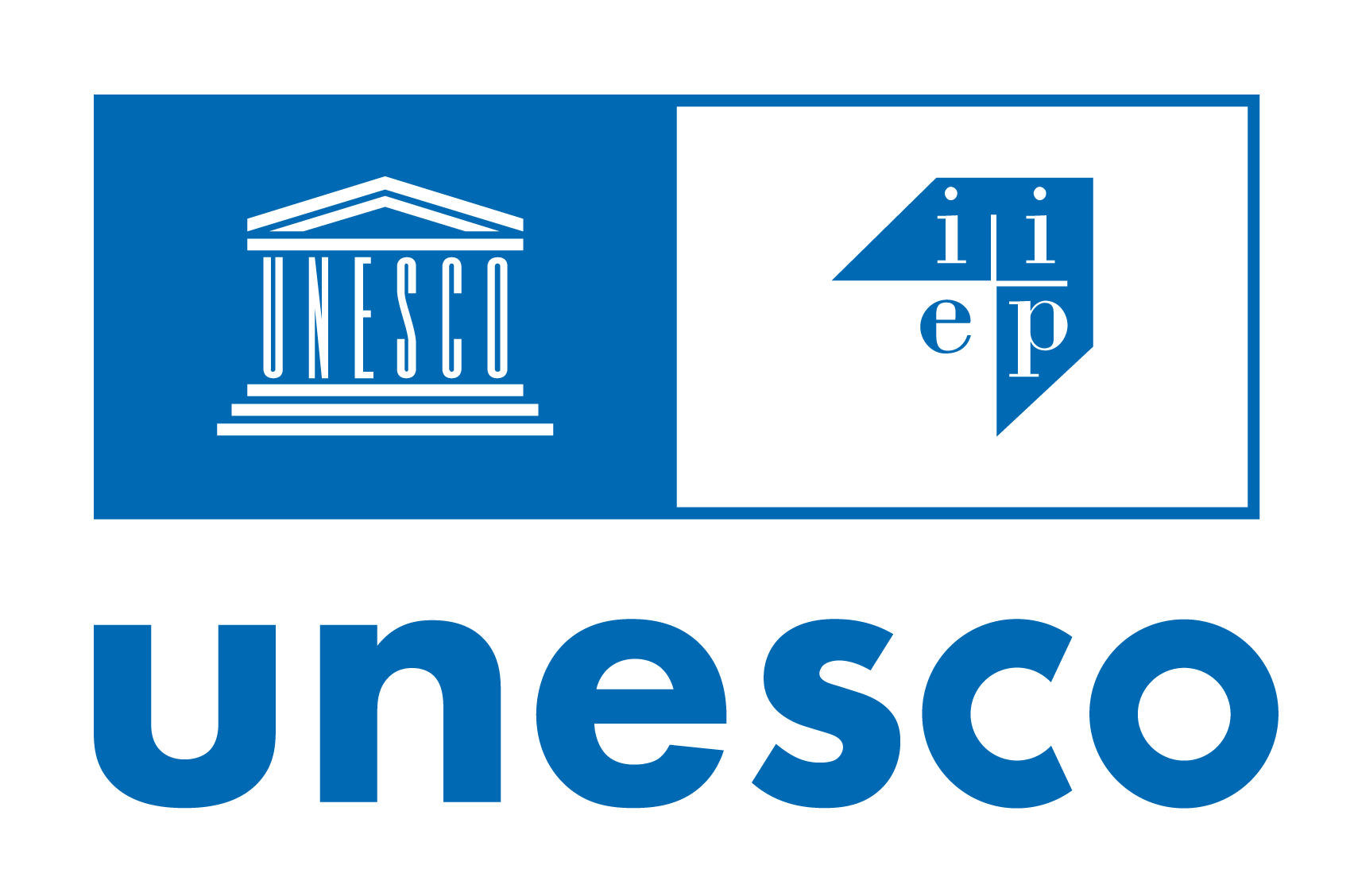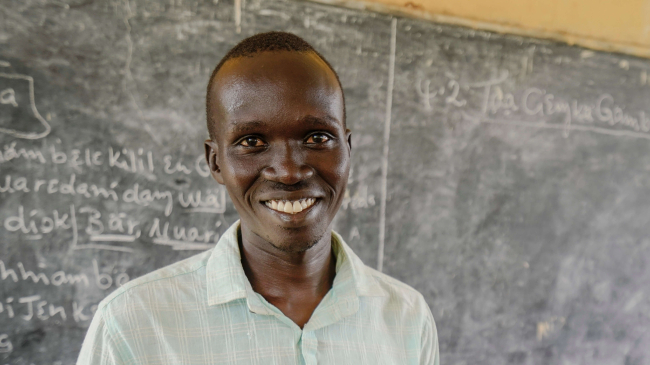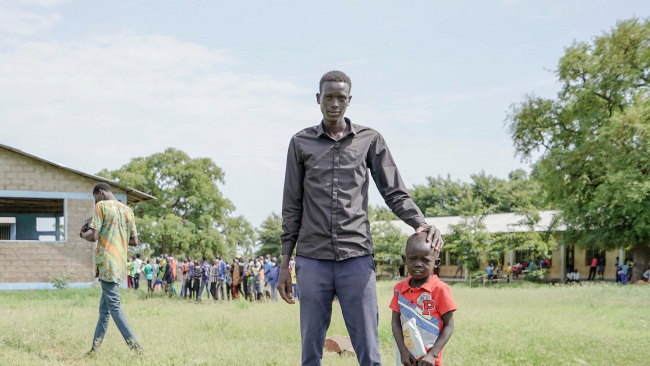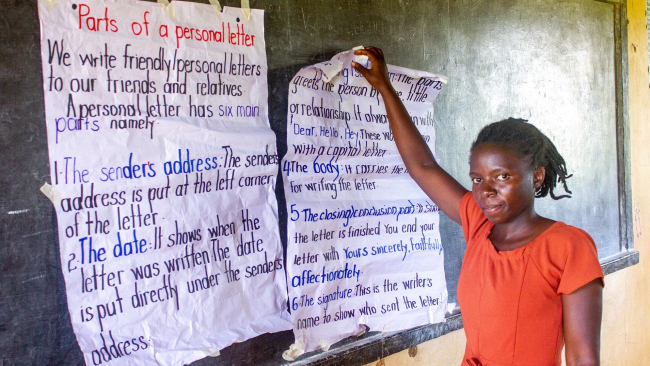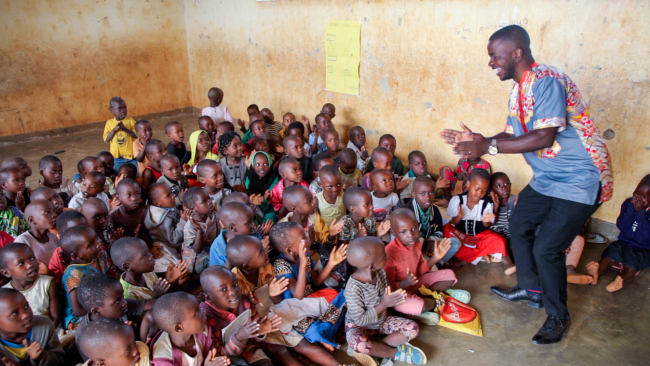Participation in high-quality early childhood education and care (ECEC) is essential for the personal development, social integration, successful lifelong learning and later employability of all children. This is why it is so important to improve the quality and effectiveness of ECEC systems across Europe. In March 2020, when the WHO declared COVID-19 a pandemic , most EU countries decided to go into lockdown or impose restrictions on ECEC services. Since summer 2020, opening and working conditions have varied greatly depending on countries and the health situation. This report describes how the pandemic was handled in the ECEC sector across Europe. It goes on to look at the impact of the crisis and the measures adopted on ECEC services and staff, as well as families and children. It has been drafted on the basis of information gathered from ministries in charge of ECEC, experts, non-governmental organisations (NGOs), the media, etc . Stakeholders and observers broadly share the view that in many countries, the ECEC sector has been insufficiently supported and included in COVID-19 policy responses and measures, especially compared to other education sectors. It also appears that during lockdowns/emergencies, ECEC was most of the time only considered a childcare facility that needed to remain available for parents in ‘essential’ professions to be able to work. The pandemic has highlighted ECEC’s essential role in supporting families and society at large. And yet, the sector’s role in learning and inclusion and children’s right to education has barely been mentioned. When the pandemic started, ECEC settings were faced with many questions on how to handle the new situation: how to keep providing high-quality education and care, how to liaise with families, how to protect the most vulnerable children, what health and safety regulations had to be respected and how to do that, how to manage staff, how to ensure the financial security of the sector and its staff, etc. The report provides information on the guidance and support provided to ECEC services and staff and to families. It reflects the great diversity of ECEC governance systems in most European countries, with many levels of decision-making and financing, especially in split -system countries, where more than one ministry supervises the sector. In the context of the pandemic , this has sometimes created difficulties.
Year
2021
Pages
69
Themes
Countries
Resource Types
Languages
